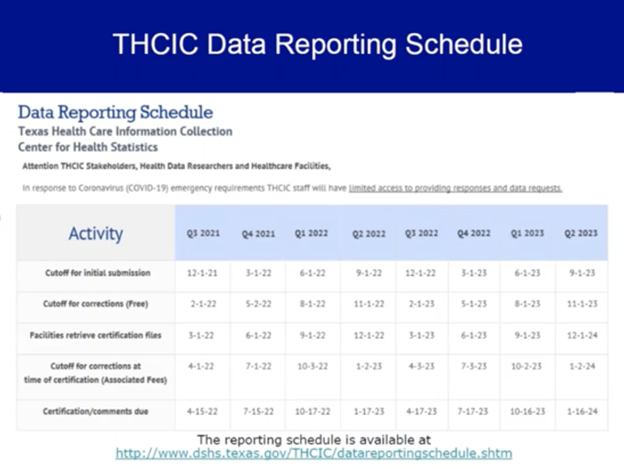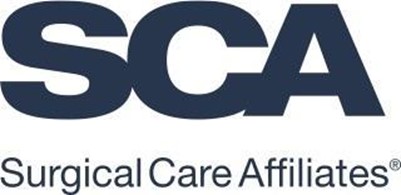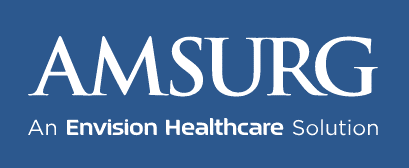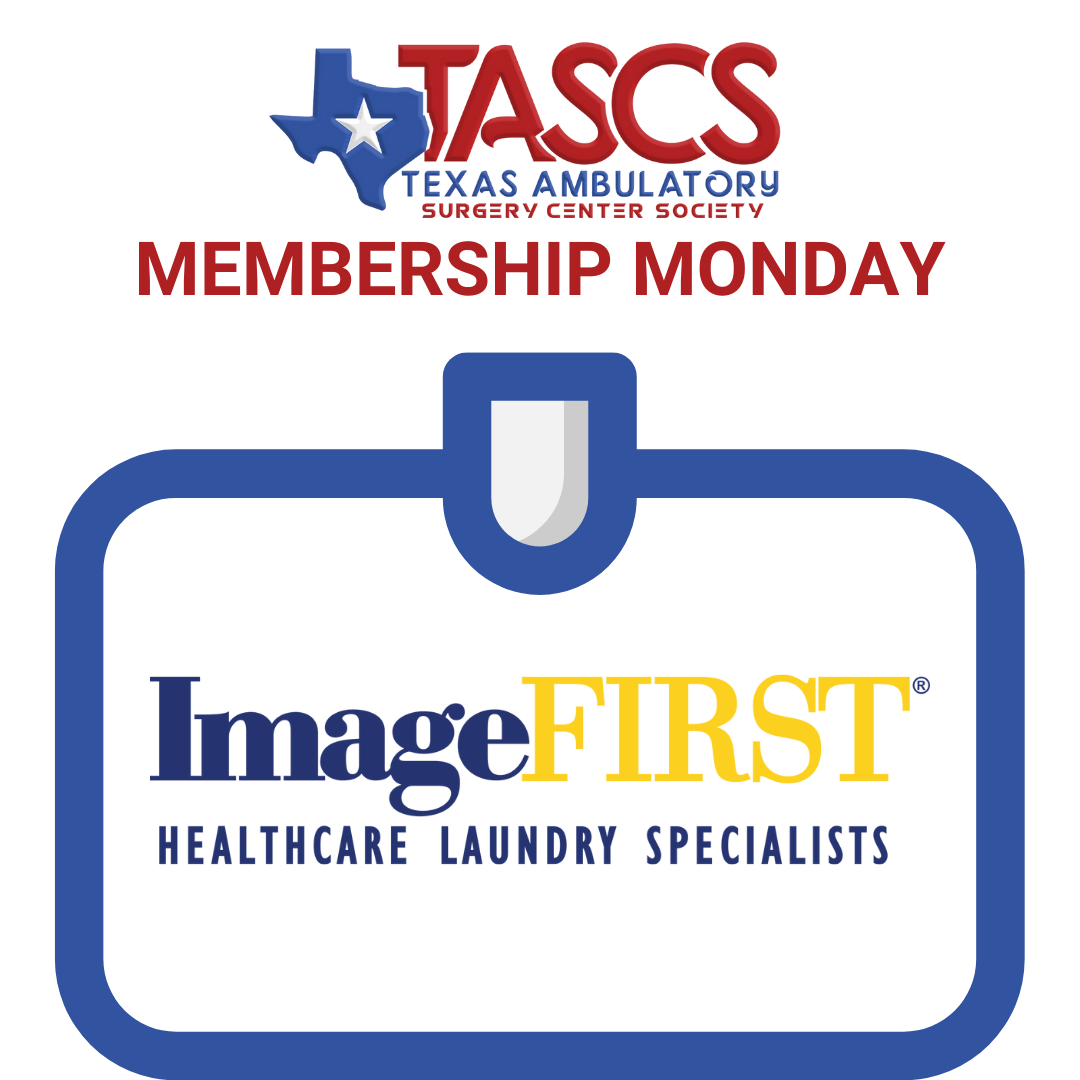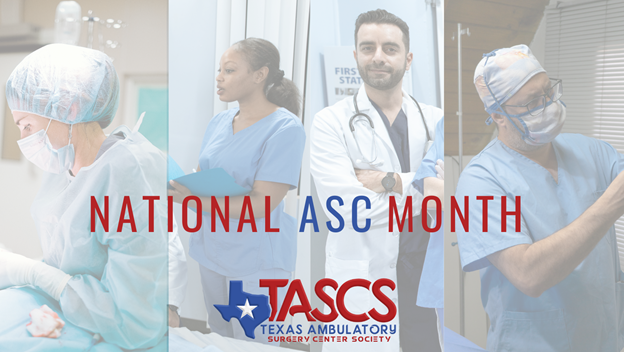This summer, TASCS has been visiting ambulatory surgery centers throughout Texas, in order to learn even more about these facilities and to continue spreading awareness about the growing ASC industry.
Before the annual conference, the TASCS team visited NW Surgery. Founded by a physician in 1999, it is one of the longest-standing, independent, physician-owned surgery centers in Houston.

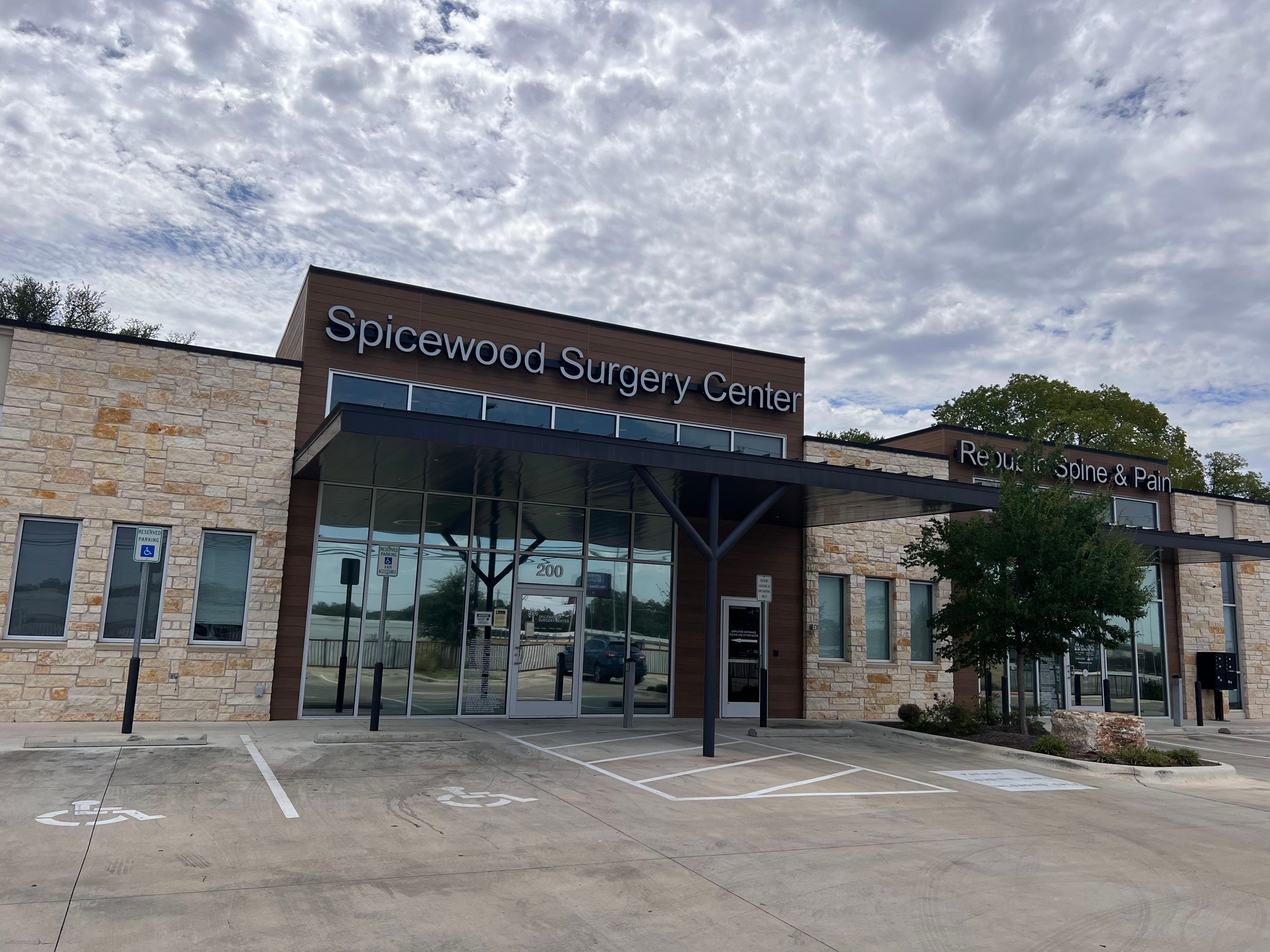

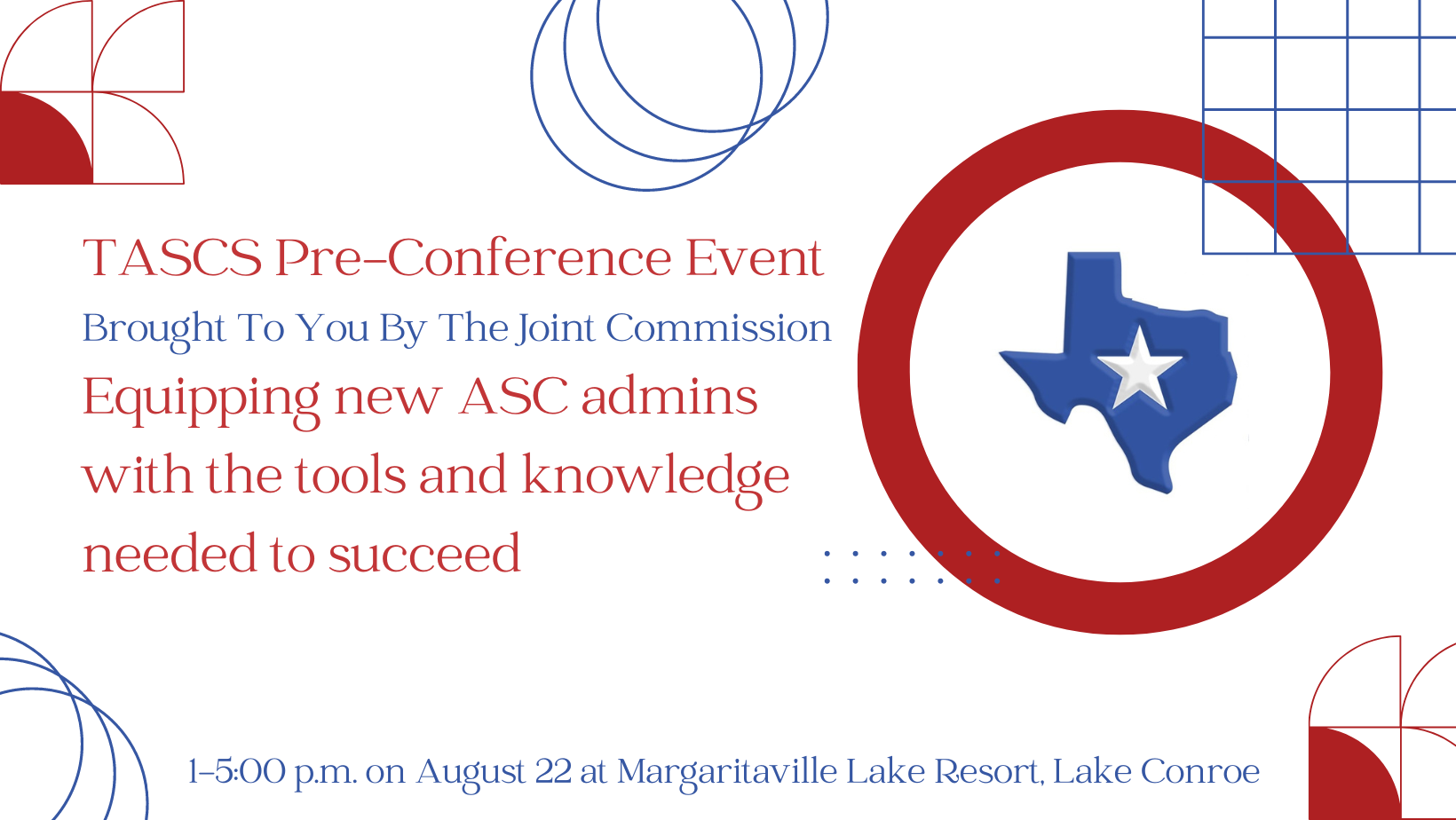
 The Texas Ambulatory Surgery Center Society (TASCS) has spent over 10 years bringing healthcare professionals together, providing them with educational information, networking opportunities, and updates on ambulatory surgery center (ASC) developments. This year, attendees can pack their favorite Hawaiian shirts for the
The Texas Ambulatory Surgery Center Society (TASCS) has spent over 10 years bringing healthcare professionals together, providing them with educational information, networking opportunities, and updates on ambulatory surgery center (ASC) developments. This year, attendees can pack their favorite Hawaiian shirts for the 

